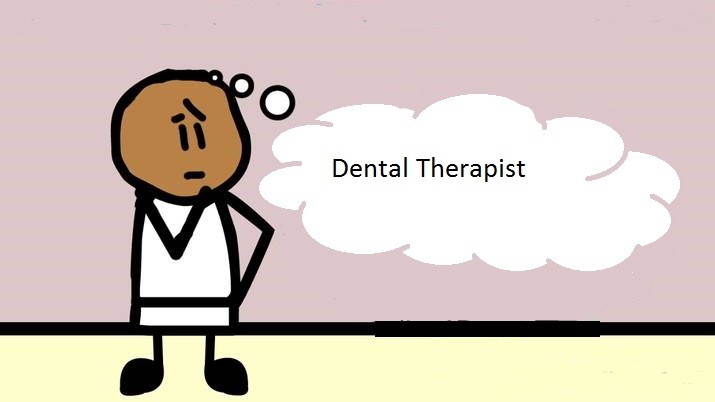Our Blog
News and updates from York Place Dental, Carlisle
York Place Dental Blog
What is a Dental Therapist?
What is a Dental Therapist and what do they do?
Many of you may ask yourselves what is a Dental Therapist and where do they fit into the dental team?
So firstly let's briefly look back and find out about when and how Dental Therapists became an integral part of the dental team…….
The Dental Therapy role originally immerged from New Zealand in and around the 1920s when there was a shortage of school service dental officer's, around the time of the First World War.From this, specially trained dental nurses were allowed to provide diagnostic and restorative services to children. In some parts of England this new role was implemented and initially called "dental dressers" where they were trained and utilised to help with the shortages in dental services. This role was then abolished in the UK as there was no longer a demand post first world war.
Dental Therapy later emerged in the UK in and around the 1950s when there became shortages in school dental services and when a decline in dental health was noted around this time.The role permitted Dental Therapists to carry out diagnostic and restorative treatments for patients in community and hospital services only.This was later reviewed and amended in 2002 subsequently meaning Dental Therapists were allowed to practice in all dental sectors including private practices.
What does this mean for you? ……..
In the past a typical patient's dental journey would sometimes only have involved being treated solely by the Dentist, however in many dental practices, Dentists routinely refer a patient on to other dental professionals within the dental team, including Dental Hygienists and Dental Therapists for treatment. In doing so they adopt a multidisciplinary approach to dental care, which is something that is mirrored across many health care services today.
Dental Therapists can, on prescription from a Dentist carry out a range of dental treatments some of these include:
- Intra and extra oral assessment
- Record indices and monitor disease
- Periodontal treatment (treatment for gum disease)
- Routine restorations (Fillings) in both deciduous (baby) and permanent teeth, on adults and children
- Apply materials to teeth such as fluoride and fissure sealants
- Take Dental Radiographs (X-rays)
- Provide dental health education
- Extract deciduous (bay) teeth under local anaesthetic
- Placement of crowns on baby teeth
- Take dental impressions
Dentists are able to delegate a portion of their duties to us thereby providing you, the patient, with a choice regarding appointments and treatment providers, which can make the patient journey more efficient due to waiting times and suitability to appointment times.
I hope you find this useful! For more information give us a call at the practice on 01228 533431 or email us at This email address is being protected from spambots. You need JavaScript enabled to view it.
Rachel Maxwell, Dental Therapist
References
Satur, Julie (2009), "The development of the dental therapy profession", Cited from https://ipfs.io/ipfs/QmXoypizjW3WknFiJnKLwHCnL72vedxjQkDDP1mXWo6uco/wiki/Dental_therapist.html 15/12/2013
Rowbotham JS, Godson JH, Williams SA, Csikar JI, Bradley S. Dental therapy in the United Kingdom: part 1. Developments in therapists' training and role. BDJ 207, 355-359 (24 October 2009)
York Place Dental
37 Upperby Road, Carlisle, CA2 4HZ
-
dummy 01228 580490
-
dummy info@yorkplacedental.com
-
dummy Privacy Notice
dummy Complaints Policy

